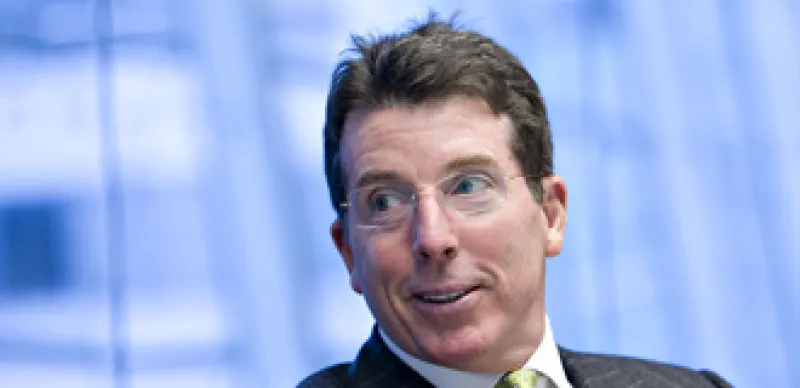
Robert "Bob" Diamond, president of Barclays Plc, speaks during an editorial board meeting in New York, U.S., on Wednesday, April 15, 2009. Diamond said better-than-estimated earnings by some U.S. banks this year are not a "one-off" phenomenon. Photographer: Daniel Acker/Bloomberg News
DANIEL ACKER/BLOOMBERG NEWS

